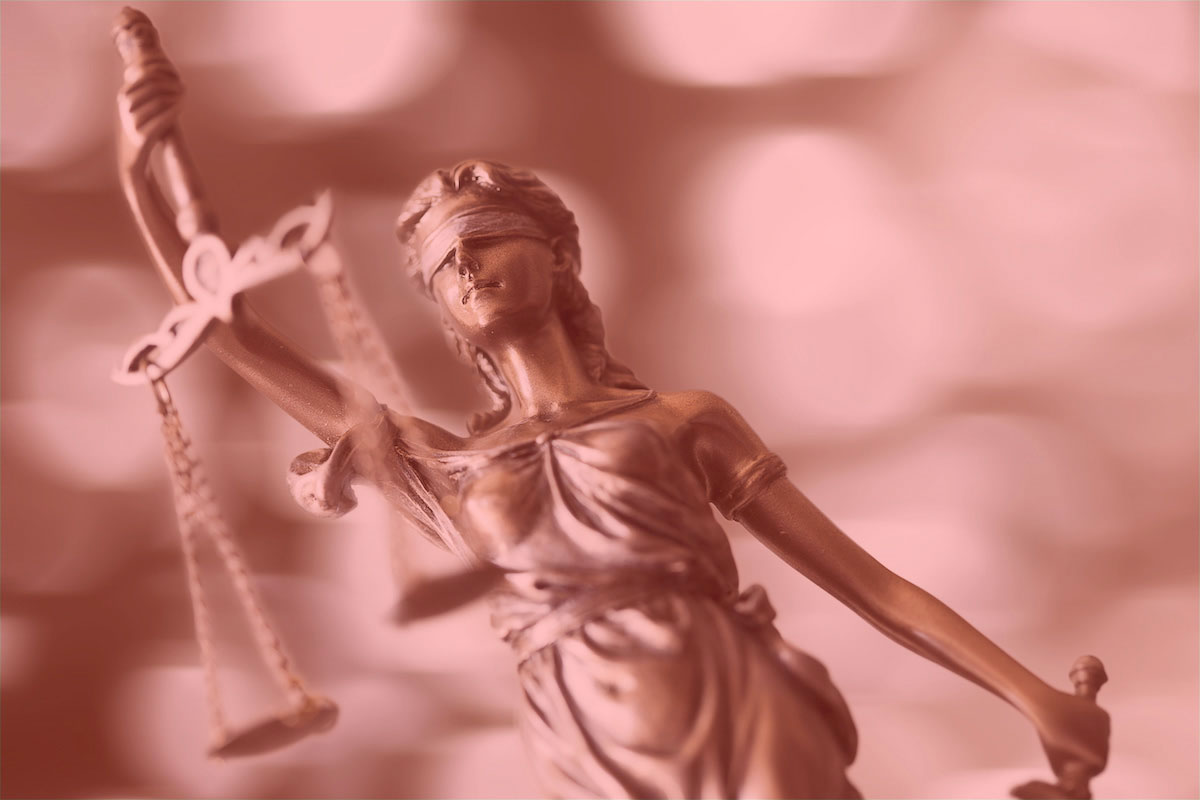ABOUT US
The Global Committee for the Rule of Law “Marco Pannella” (GCRL) was founded by Marco Pannella, leader of the Nonviolent Radical Party Transnational Transparty (NRPTT), in March 2016. He appointed Ambassador Giulio Maria Terzi di Sant’Agata President and Matteo Angioli Secretary General.
Up to his final days, Mr. Pannella devoted his entire life to the strengthening of the Rule of Law, serving as Honorary President of the Committee. That is why today the GCRL is named after him.
The aim of the GCRL is to tackle the erosion of the Rule of Law which is affecting many countries across the world and to promote the full affirmation of human rights worldwide starting from the United Nations level, through a multilateral nonviolent approach directed at the recognition of the Right to Know.
The GCRL is operating through the voluntary contribution of its President, Secretary and Honorary Members. The GCRL is grateful to the NRPTT (NGO with General Consultative Status at the UN Economic and Social Council) for its hospitality in their Rome office and to Marco Pannella for his donation of 50.000€ which allows for external activities.
The logo of the GCRL is inspired by the seal of the Magna Carta, the charter signed in 1215 in the vicinity of Runnymede, at Windsor, in England, which established that everybody is subject to the law, including the monarch.
WHY?
Over the last two decades, social tensions and political instability on a global scale have resulted in a growing disregard for international human rights standards and a dangerous erosion of the Rule of Law. The expansion in scope and breadth of ‘special’ measures such as State secrecy clauses and discretionary Government power has left citizens detached from the decisions made for them and in their name.
Within this context, to reinforce the Rule of Law and human rights, we believe it is fundamental to reaffirm the core values enshrined in the United Nations Charter and the accountability of all States at a global level. This goal cannot be met unless the democratic oversight of citizens is reinforced through the recognition of the human right to know what and how Governments decide in our name.
Our mission:
The aim of the Global Committee for the Rule of Law is to tackle the erosion of the Rule of Law affecting many countries across the world and to promote the full affirmation of human rights worldwide, in continuity with the work Marco Pannella had devoted his entire life to.
The Global Committee advocates the recognition of the right to know as a core element of the Rule of Law: an ecosystem of accountability instruments affecting all stages of the decision-making process, and capable of guaranteeing the same rights to all citizens and ensuring that their freedoms and rights are effectively protected.
THE RIGHT TO KNOW
Where the International Criminal Court and the right to truth are paramount to the effective prosecution of perpetrators of grave crimes against humanity and reparation for the victims and their families, the right to know should act as a preventive measure to such abuses by allowing for the effective accountability of public authorities, encompassing all branches of the State (executive, legislative and judicial), other public or governmental bodies at all levels of Government (national, regional or local).
We believe that the right to know is a core element of the Rule of Law. The principle of political accountability must be upheld in order to improve the full application of the Rule of Law and to prevent human rights violations.
The right to know is an ecosystem of accountability instruments affecting all stages of the decision-making process, and capable of guaranteeing the same rights to all citizens and ensuring that their freedoms and rights are effectively protected. Basically, it is anchored to the twin social mechanisms of answerability of the State to citizens who demand access and information, and to active obligations of elected politicians and bureaucracies to publish and make accessible evidence and give reasons for the decisions which should be made as openly and as closely as possible to citizens.

